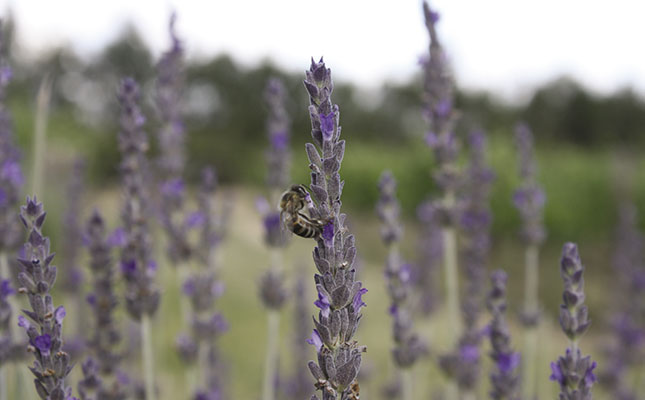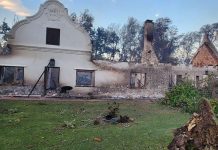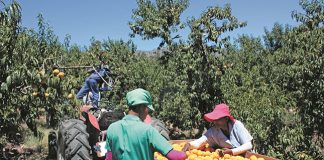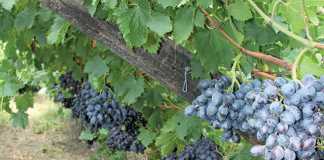
Recent wildfires had devastated thousands of hectares of vegetation, leaving bees with very little natural forage.
Owen Williams, one of the founders of the Honeychild conservation beekeeping organisation in Knysna, said that winds of 75km/h had fanned smoke and flames so rapidly that more than 350 beehives had been destroyed in two days, as the bees had been unable to out-fly the danger.
“Hives that did survive were moved to apiaries unaffected by the fires, but this has placed strain on natural food resources there. The feral bee populations also do not have much left to feed on,” Williams said.
He added that the Cape honeybee population between the Wilderness and The Crags was particularly important as it had been certified free of the highly infectious and destructive American foulbrood (AFB) disease. The population was also genetically unique.
“We have already received a lot of support from concerned people and companies, but we need additional food and equipment to care for the remaining bees in our area for the next three to six months, during which time we hope rain will arrive to regenerate the burnt fynbos forage,” Williams said.
Non-profit organisation, Hope for the Honeybees, had been set up to manage and distribute donations under the watchful eye of an appointed auditor.
Pollen substitutes, sugar, and monetary donations were especially needed, Williams said.
Beekeeping equipment intended for the area’s bees first had to be thoroughly disinfected of AFB, among others, before being brought in, he added.
Williams also encouraged farmers and other residents of the Knysna and Plettenberg Bay regions to plant forage crops for the bees as soon as it was feasible. “It’s about the bees, not the beekeepers,” he said.
People and companies interested in helping the fire-affected Cape honeybees can visit the Hope for the Honeybees Facebook page for more information, or email [email protected]











